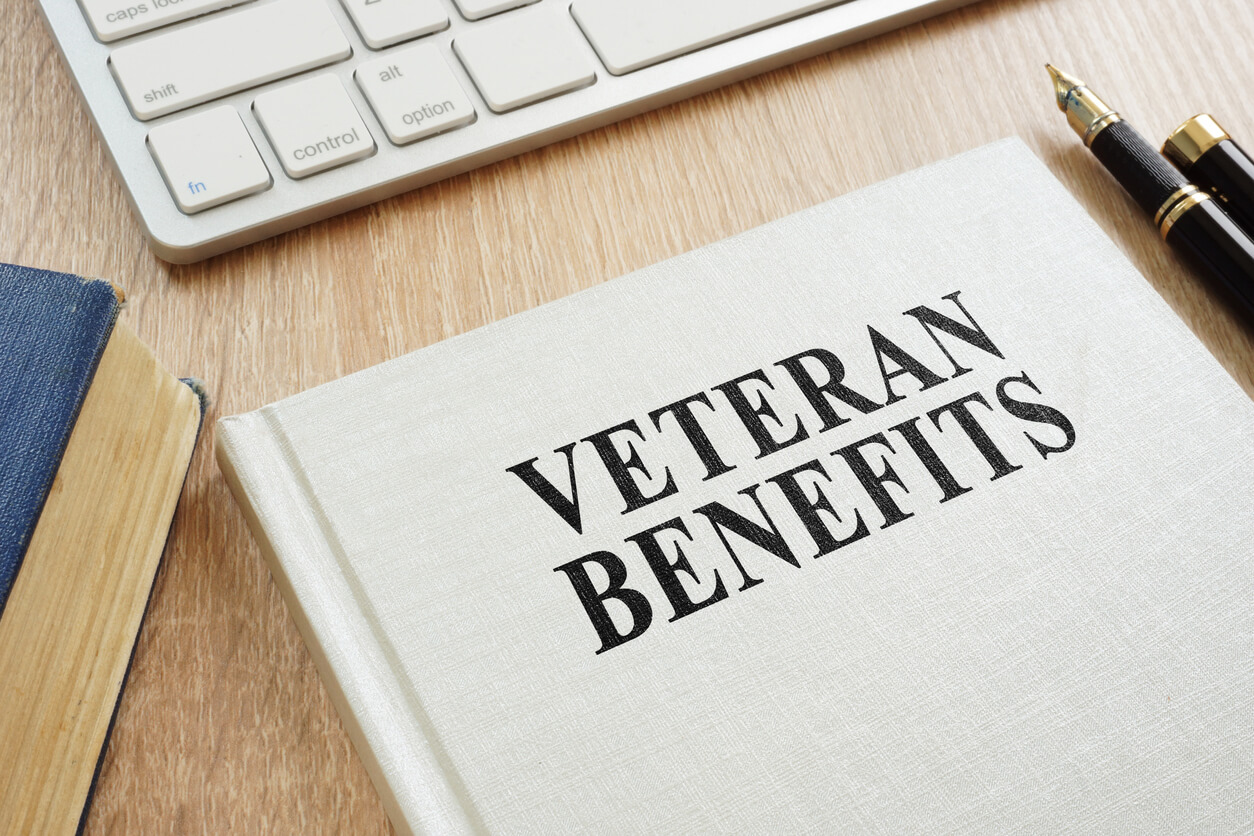For many veterans, getting the benefits they deserve can sometimes involve going through an appeals process. Understanding how Veterans’ Benefits Appeals work is key to getting the support you need. This guide answers common questions about appealing VA benefit decisions.
What Are My Options After a VA Benefit Denial?
The Appeals Modernization Act (AMA) of 2017 created three main review options for veterans:
- Higher-Level Review: A senior VA employee reviews your existing claim. This option typically takes 4-5 months, though you cannot submit new evidence during this process. This review works best when you believe the VA made an error in their initial decision.
- Supplemental Claim: This option allows you to add new evidence to support your case. The VA will help gather relevant records, and this process usually takes about 4-6 months. This path is ideal when you have new medical records or evidence that wasn’t available during your initial claim.
- Board of Veterans’ Appeals (BVA): This path offers direct review of existing evidence, submission of new evidence, or requesting a hearing. The timeline varies based on which option you choose. A BVA appeal provides the most thorough review of your case, though it may take longer than other options.
What Are the Success Rates for Veterans’ Benefits Appeals?
Data shows that persistence often pays off in the appeals process. Recent statistics indicate that about 35% of appeals result in improved outcomes for veterans. The success rate increases significantly when veterans provide thorough documentation and supporting evidence.
Strong appeals typically include:
- Detailed medical evidence from current healthcare providers
- Complete military service records showing service connection
- Supporting statements from family or fellow service members
- Timely submission of all required documentation
Why Do Claims Get Denied and How Can I Address This?
Many claims face denial due to common issues that veterans can address in their appeals. Missing medical evidence is one of the most frequent reasons for denial. Getting copies of all relevant medical records and detailed statements from healthcare providers can strengthen your case.
Service connection issues present another common challenge. Veterans can address this by locating military records that show the event or injury and gathering statements from witnesses who can verify the circumstances. Sometimes, the connection between your current condition and your service isn’t clear enough in the initial claim. Working with medical professionals to document this connection can make a significant difference in your appeal.
What Are the Time Limits for Filing an Appeal?
The VA maintains strict timeframes for the appeals process. Veterans have one year from the initial decision date to file an appeal. If you’re considering taking your case to the Court of Appeals for Veterans Claims, you must file within 60 days of a Board decision. For supplemental claims, veterans have 120 days to submit new evidence.
Missing these deadlines can seriously impact your ability to appeal, so it’s important to keep track of dates and start the process early. The VA does not typically grant extensions for these deadlines except in rare circumstances.
How Does the CAVC Appeals Process Work?
When veterans need to take their case to the Court of Appeals for Veterans Claims (CAVC), they enter a more formal legal process. This involves filing a Notice of Appeal and submitting legal briefs. Some cases may require oral arguments before the court issues its decision.
The CAVC process requires careful attention to legal requirements and deadlines. Unlike the initial VA claims process, CAVC appeals focus on legal errors in the Board’s decision rather than reviewing new evidence about your condition.
What Support Is Available During My Appeal?
The appeals process for veterans’ benefits involves many steps and requirements. Veterans Service Organizations (VSOs) provide free assistance with claims and appeals. You can find accredited VSOs through the VA’s website at www.va.gov/vso. These organizations understand the system and can guide you through each step.
Key services VSOs provide include:
- Reviewing your claim and identifying missing evidence
- Helping gather necessary documentation
- Explaining your options at each stage
- Representing you during appeals
How Should I Work with My Medical Providers?
Medical documentation plays a central role in successful appeals. Working closely with your healthcare providers ensures your medical records clearly show the connection between your service and current conditions. Ask your doctors to provide detailed statements about your condition, its cause, and how it affects your daily life.
Your medical records should include specific details about how your condition limits your daily activities and ability to work. This information helps the VA understand the full impact of your service-connected condition and can lead to a more accurate disability rating.
Ready to Start Your Appeal? We Can Help
At The Law Office of Kyle J. Moore, PLLC, we understand the challenges in Veterans’ Benefits Appeals. Our team helps veterans through every step of the process. Beyond veterans’ benefits, we also assist clients with personal injury cases, real estate law, and small business law.
Contact us today for a consultation about your veterans’ benefits appeal or any other legal matters. Let our experience work for you.
